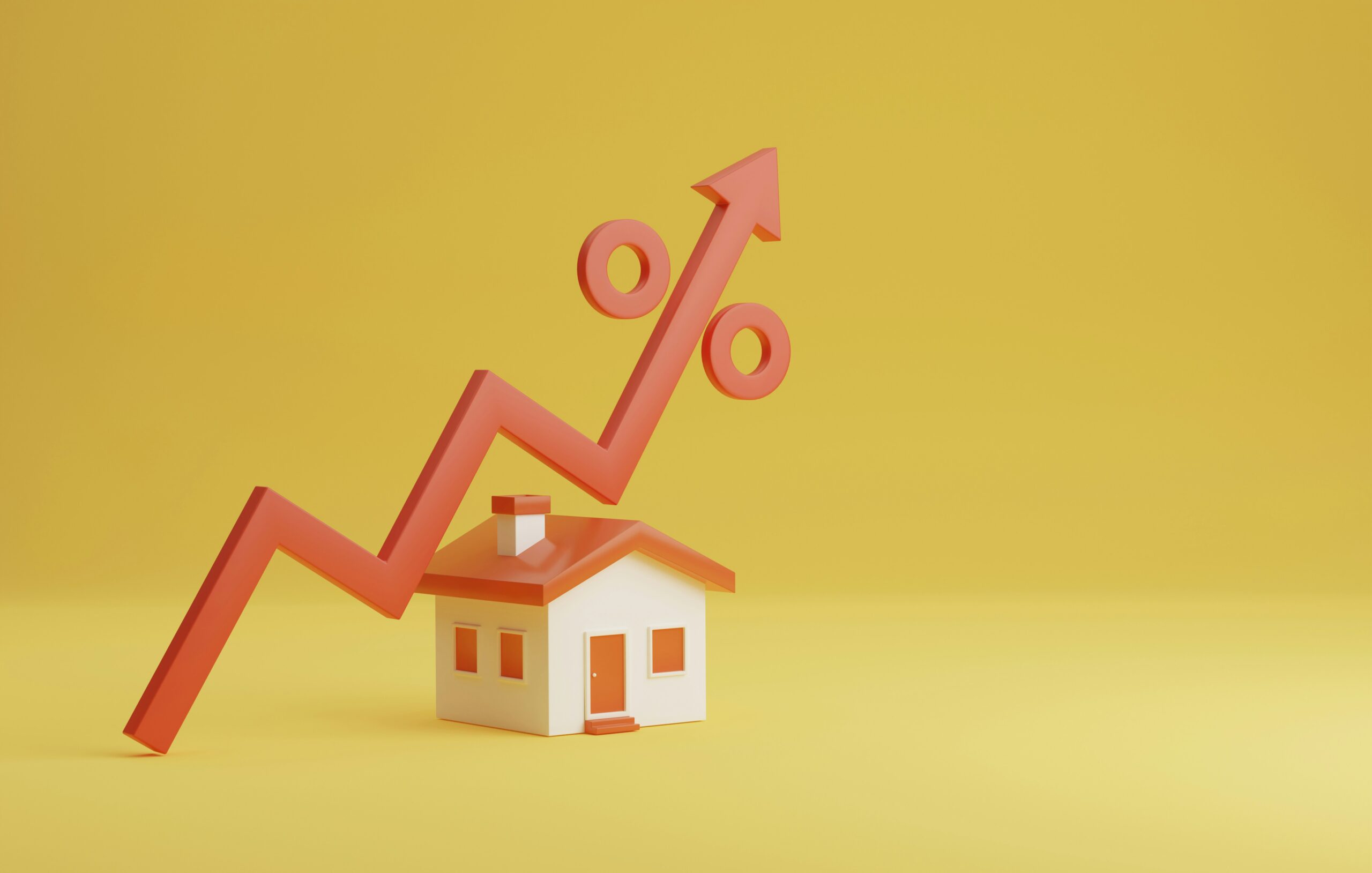
Rising Mortgage Rates Explained: What Homebuyers Should Expect
If you’re purchasing a home or need to refinance, chances are you’ve heard something—mortgage rates are increasing. But what does that mean for you as a home owner, property investor, or current home owner? How it impacts your borrowing power, housing expense, and financial aims overall is what you’ll be wanting to hear.
This blog de-mystifies the forces that push mortgage rates up, the effect of same on the real estate industry, and gives you actionable advice on how to adjust for the change. By the end of this article, you will have a better capacity to deal with higher interest rates in the outside world.
Why Mortgage Rates Are Going Up
Mortgage rates only rise for a reason. There are a multifaceted set of economic reasons that propel the movements, and three drivers are:
- Inflation Pressure
As inflation increases, money costs more to borrow, and hence interest increases. More is levied to counteract decreased purchasing power in the future.
- Federal Reserve Policies
The Federal Reserve does not fix mortgage rates per se but influences them indirectly by determining the federal funds rate. When the Fed raises rates to slow inflation or stabilize the economy, lending rates, including mortgage rates, tend to follow.
- Market Demand for Loans
During periods of strong home loan demand—i.e., during housing bubbles—lenders can increase fees. Slow demand times, however, find prices hardening.
The 30-year fixed mortgage rate, for instance, doubled from a year-end average in January 2021 of 2.65% to a level in 2023 of more than 7% as a result of Federal Reserve hikes in lending rates and inflation.
- Economic Uncertainty Matters
Both domestic and foreign occurrences, such as a recession, also play their role. Markets react to economic volatility by modifying interest rates to a risk-return equation for the lender. These are elements of the general economic climate that impact everything from home loans to credit cards.
Impact on Homebuyers and Homeowners
Understanding how higher mortgage rates affect different people will ready you financially. Whether you are purchasing your first home or weathering the storm in your current one, these are how higher rates can affect you:
For First-Time Homebuyers
Rising rates can make buying a home more challenging, especially if your budget is tight to begin with. Small changes in mortgage rates can significantly affect your monthly payments and overall borrowing capacity.
For example, here’s how your monthly payment changes based on the loan size and mortgage rate:
| Loan Amount | 3% Interest | 5% Interest | 7% Interest |
| $250,000 | $1,054 | $1,342 | $1,663 |
| $400,000 | $1,686 | $2,147 | $2,660 |
| $550,000 | $2,319 | $2,953 | $3,658 |
If you’re a first-time buyer facing tighter budgets, it’s essential to adjust your expectations and explore homes at the lower end of the price spectrum.
For Real Estate Investors
Higher interest rates reduce the return on investment and on cash flow. More expensive borrowing means more expensive mortgages that will cause some investors to rethink their approach. Yet it is also the case that higher rates sometimes chill over-heated competitive housing markets, presenting opportunities to steal deals others will avoid.
For Homeowners
If you are not selling but own an adjustable-rate mortgage (ARM), you can feel the pinch of increased rates. Property owners with fixed-rate mortgages don’t feel it personally but lose the opportunity to refinance based on lower interest rates. You might also seek home equity lines of credit (HELOCs) during this period, as their rates move in tandem with the increase in mortgage rates.
How Rising Mortgage Rates Affect the Market
Home price and demand breathe and die with mortgage rates. Rising borrowing prices have the ability to create the following trends:
- Lower Home Affordability
Higher mortgage payments reduce the amount that can be afforded by prospective buyers. This will lessen demand, so sellers cut price in response.
- A Shift into Rental
The majority would-be buyers hold off on buy and instead bid up (and up) price in this marketplace.
- Market Cooling
Higher interest rates discourage speculating buying, deflating inflated markets. This discourages bidding wars but reduces the speed at which houses are sold.
- Regional Differences
The impact of higher mortgage interest is not the same nationwide. High-cost areas like San Francisco or New York may see falling demand more powerfully than cheaper areas. Examine local patterns with tools such as Realtor.com for further details on your specific area.
Success Strategies in a High-Rate Environment
High mortgage rates need not derail your home-buying plans. Follow these tips as your roadmap to success:
For Homebuyers:
- Pre-approve Your Rate Up Front: Sparing yourself down-the-road increases, pre-approving your rate shows you mean business as a buyer.
- Plan Your Budget Ahead of Time: Prioritize low-cost financing so that you can pay your monthly price comfortably even in the event of higher rates.
- Explore First-Time Homebuyer Programs: Some organizations and states offer financial assistance in the form of down payment grants or low-interest loans.
For Investors:
- Target High-Income Properties: Seek investments with high rental yields to offset higher borrowing costs.
- Use Alternative Funding Sources: Private lenders or partnerships can offer more flexible financing than conventional mortgages.
For Current Homeowners:
- Refinance When Rates Drop: If you’re in an adjustable-rate mortgage, move to fixed once rates decrease to secure financial stability.
- Conserve Savings: Build an emergency fund to cover fluctuations in homeownership costs.
What’s Next for Mortgage Rates?
Forecasters predict rates will remain high at least until inflation eases and growth stabilizes. Watching what institutions like the Federal Reserve do can provide signals of what is likely to occur in the future.
For now, the strategy is planning and adaptability—keep an eye on your finances, research incentives or grants, and sit down with financial planners to make wise decisions. Even in the high-rate situation, you may still be able to afford what you want with good planning.
Take the Next Step Towards Homeownership
Don’t fear greater mortgage rates—greet them with wisdom and readiness. Whether you’re a first-time buyer or astute investor, being knowledgeable about the “why” of rising rates and how to adapt puts you in the driver’s seat of your home buy.
Need more info? Check out some web resources such as mortgage calculators, monitor market conditions, or consult a good realtor to study your choices. Your dream house could be closer than you know.


